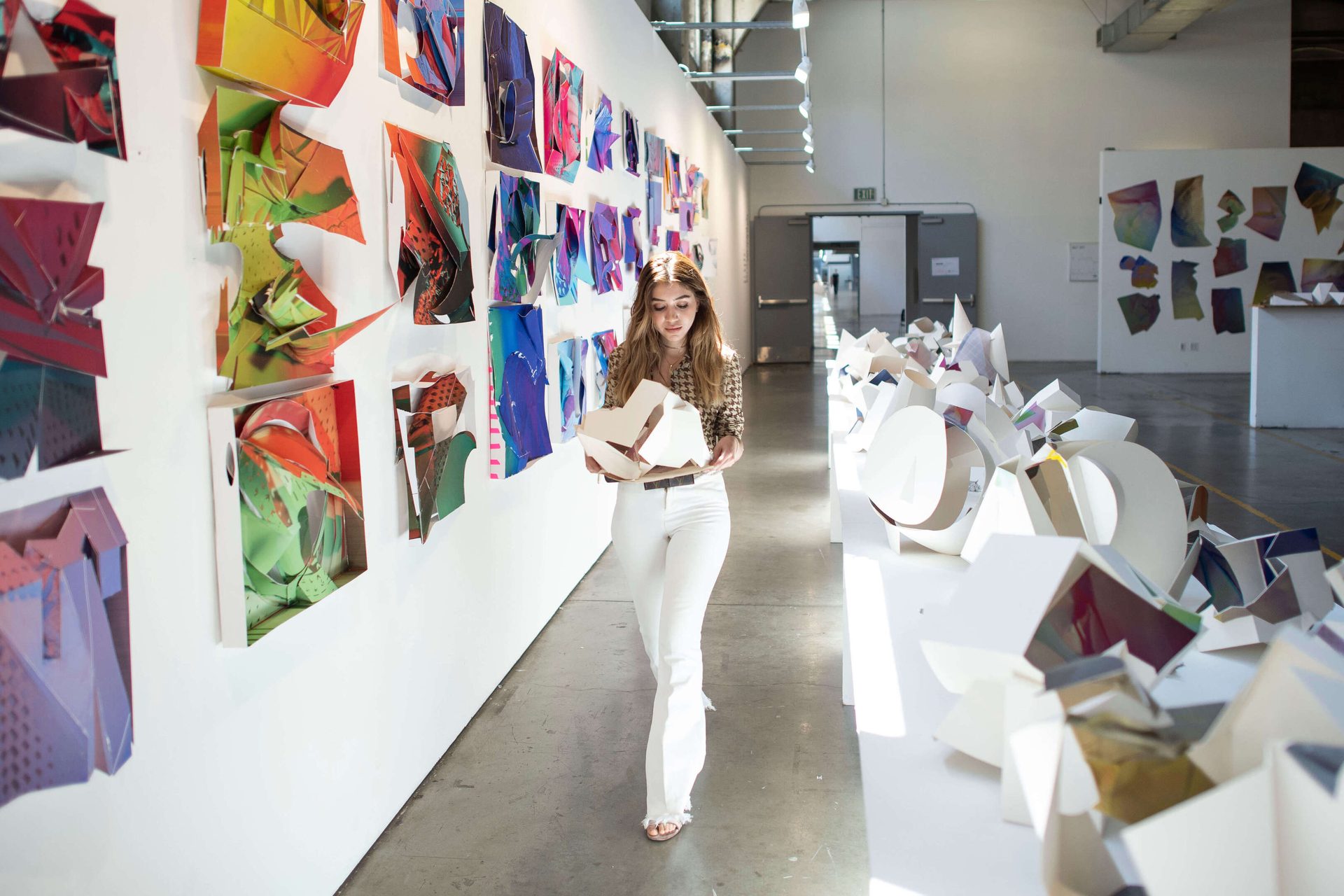Innovation is built into the DNA of National University of Singapore’s (NUS) Department of Materials Science and Engineering. Designed around the demands of a fast-moving world, its programmes evolve in lockstep with emerging technologies and global industry needs.
From new specialisations in Advanced Materials for Energy and Sustainability to Artificial Intelligence for Functional Materials, every update is a step toward engineering smarter, cleaner, and more sustainable futures. This article explores how and why its programmes change — and the faculty shaping those decisions.
A materials science education that evolves with innovation
The department’s approach to curriculum development is rigorous and responsive. The Master of Science Programme (Materials Science & Engineering) is evidence. “As a reputable programme within the university, the department has made significant efforts to ensure its quality,” says Dr. Qing Wang, Deputy Head for Administration.
Senior lecturers are tasked with foundational courses, while younger faculty lead advanced modules that reflect the field’s dynamic nature. State-of-the-art laboratories — Microelectronics and the Design Studio — provide critical infrastructure for student projects. A dedicated Curriculum Committee, composed of members from diverse backgrounds, ensures what Dr. Wang calls “a well-balanced offering of foundational modules and advanced topics in Materials Science and Engineering.”
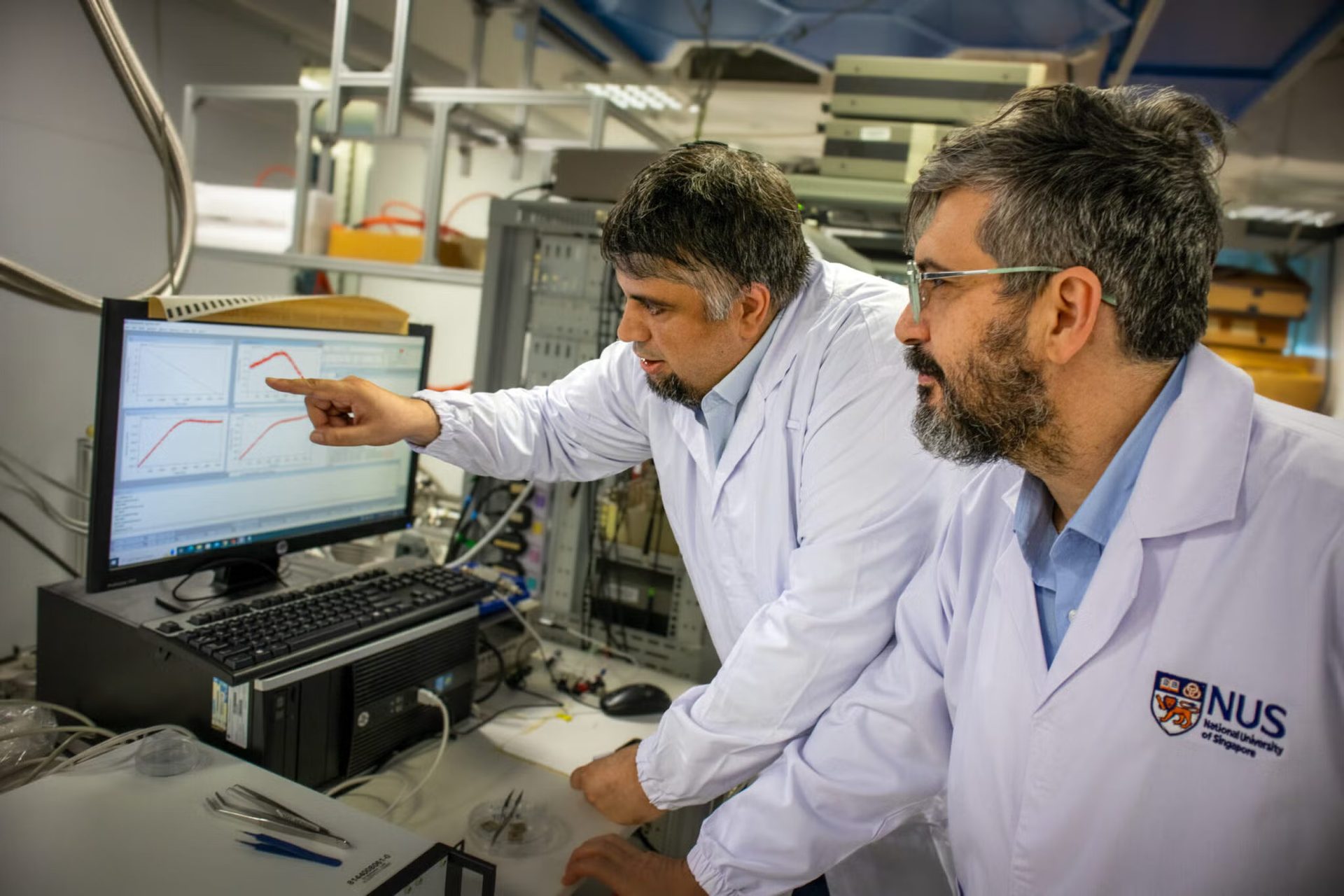
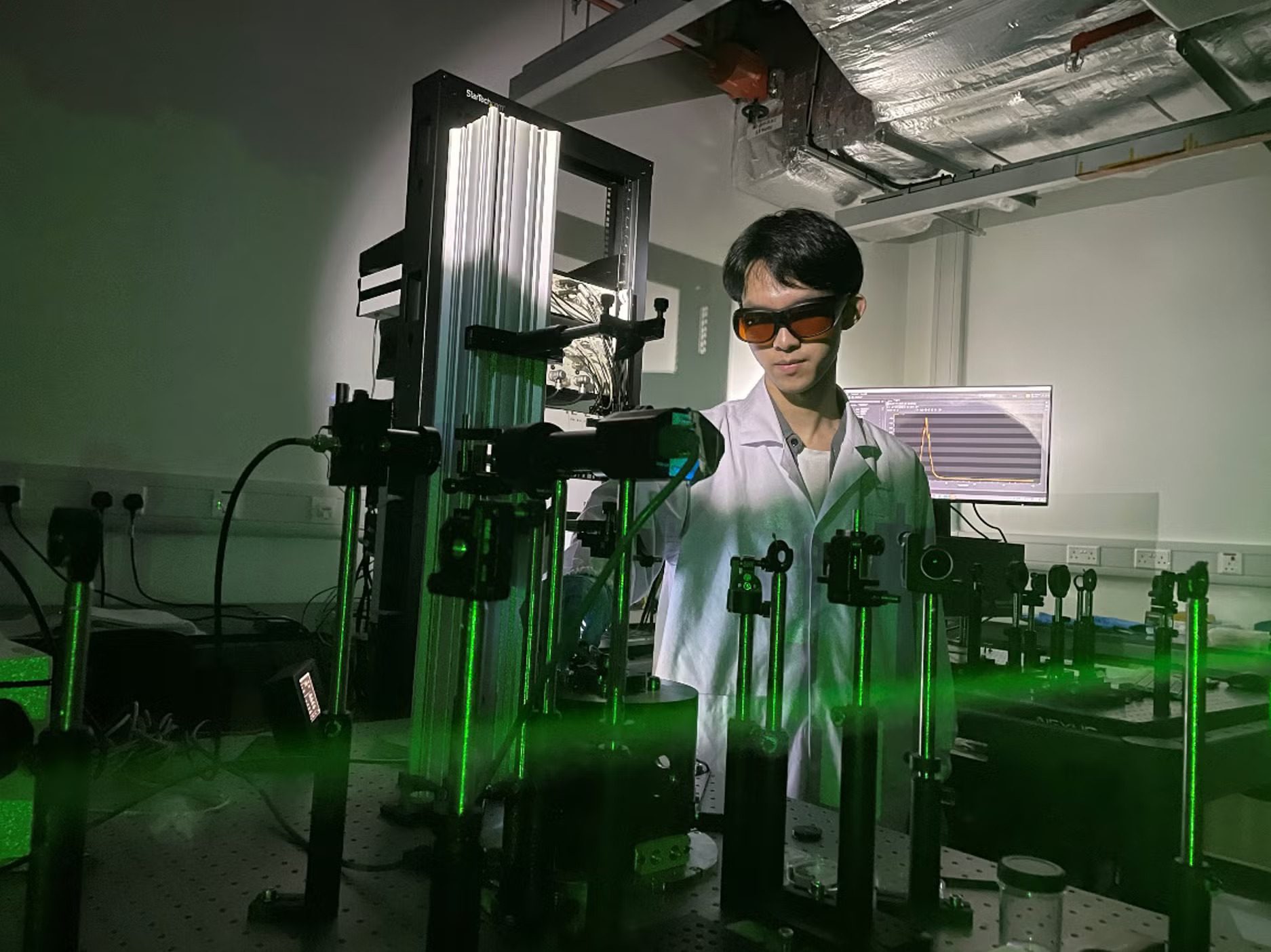
The department regularly engages with an Advisory Committee and a Visiting Committee, both composed of senior figures from industry and academia. It even organises overseas visits to partner universities and gathers feedback from graduating students through structured surveys.
Strategic curriculum review
“Under this committee, a dedicated task force for the Master of Science (MSc) curriculum has been established, comprising the MSc programme manager, senior professors and teaching-track staff,” Dr. Wang explains.
Plenty of insights come from the department’s in-house experts. Faculty members include leaders in materials chemistry, physics, and device engineering — including a Nobel Laureate — many of whom are affiliated with national and university-level research centres such as Centre for Advanced 2D Materials Singapore, Institute for Functional Intelligent Materials, Centre for Hydrogen Innovations, and iHealth.
For example, Dr. Qian He’s career spans leading institutions in China, the US, and the UK — including Oak Ridge National Laboratory and Cardiff University. He now leads an interdisciplinary research programme at NUS that bridges electron microscopy and catalysis to design materials for energy and environmental applications.
His global experience is mirrored in the evolution of the MSc in Materials Science and Engineering — a programme that has grown more diverse, interdisciplinary, and future-facing in recent years.
Evolving with the field
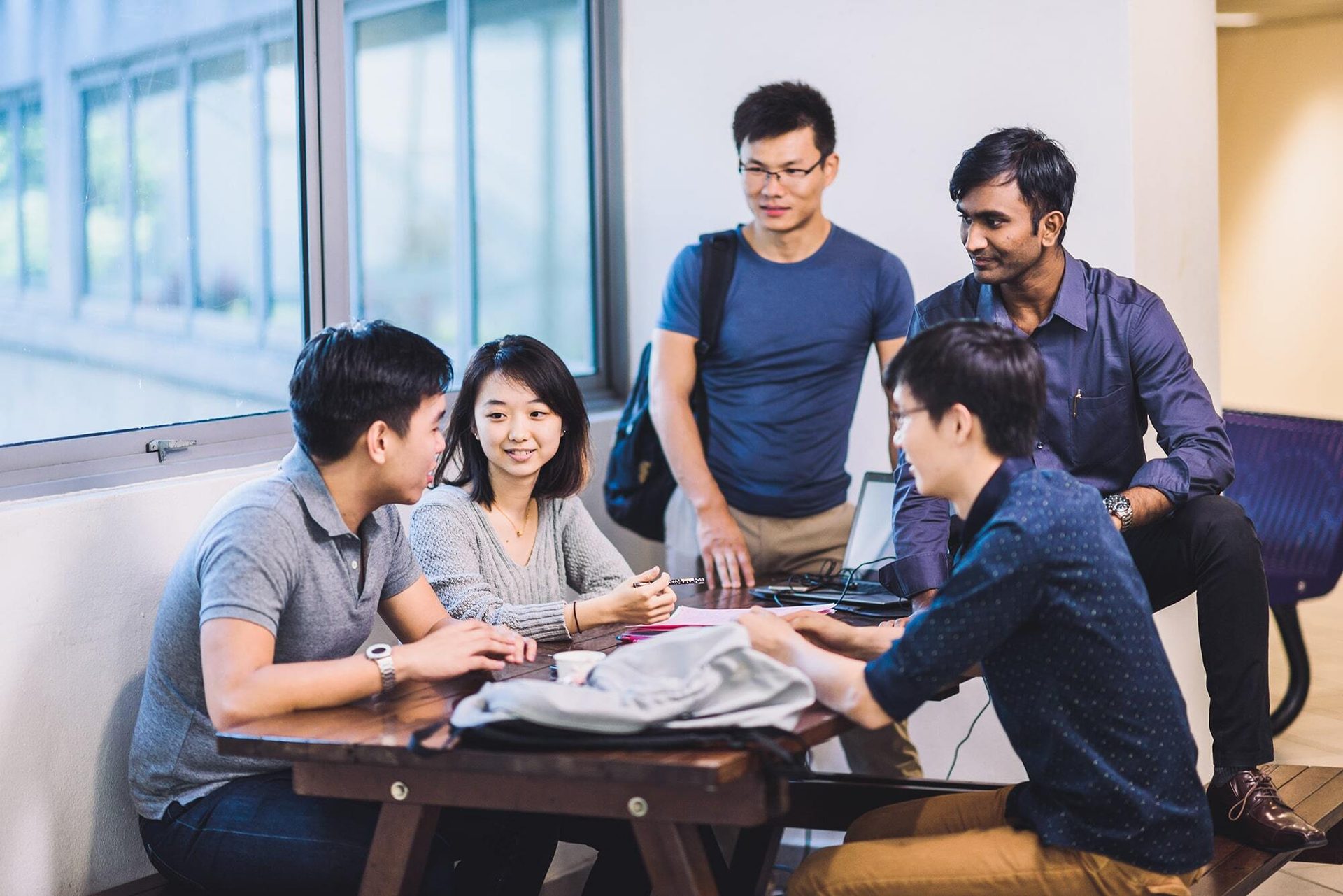
This shift has gone hand in hand with purposeful curriculum revamps. “We’ve made meaningful updates that reflect both technological shifts and student needs,” Dr. He explains. “For example, in modules like MLE5003, students are exposed to research-driven content and emerging tools relevant to materials innovation. This has helped some graduates transition into new industries, including AI and tech sectors.”
Dr. He’s own teaching incorporates many of these emerging directions. He encourages students to explore tools like AI to accelerate their learning and research — while stressing its role as an enabler, not a shortcut.
“These technologies can help students expand the way they access and process information and free students from repetitive or routine tasks, so they can focus more on solving the core problems,” he says.
Students who engaged with AI-for-science projects under his mentorship have already seen results — one Master of Engineering student earned a PhD offer from Cornell University, while another MSc graduate landed job offers from AI firms both locally and in China.
“We’re seeing students from increasingly diverse academic backgrounds — not just traditional materials science and engineering, but also physics, chemistry, and even data science,” says Dr. He. “At the same time, the academic calibre of applicants has risen, likely driven by growing interest in the field and a more competitive application pool.”
In some courses, MSc students can work in the lab for an entire year — an opportunity many use to build research portfolios for further study. “Many students are excellent and went on to do PhDs in NUS or other institutes,” Dr. He shares.
NUS’s commitment to evolving with both industry input and student feedback is another key pillar of the MSc. A recent revamp of the materials characterisation module, for instance, was directly informed by both groups.
Students can also apply knowledge in the Research Centre for Electrochemical Systems and Technologies (CREST), which was established by the Department of Materials Science and Engineering in 2023. Apart from solving urgent environmental and societal problems through translational research, CREST plays a major educational role. It provides MSc students with exposure, while fostering innovation and encouraging entrepreneurship in the field of electrochemical technologies
The department even maintains close ties with leading Agency for Science, Technology and Research (A*STAR) research institutes. “These experts offer cutting-edge research projects to MSc students, providing them with valuable exposure to the frontiers of materials science and engineering,” says Dr. Wang.
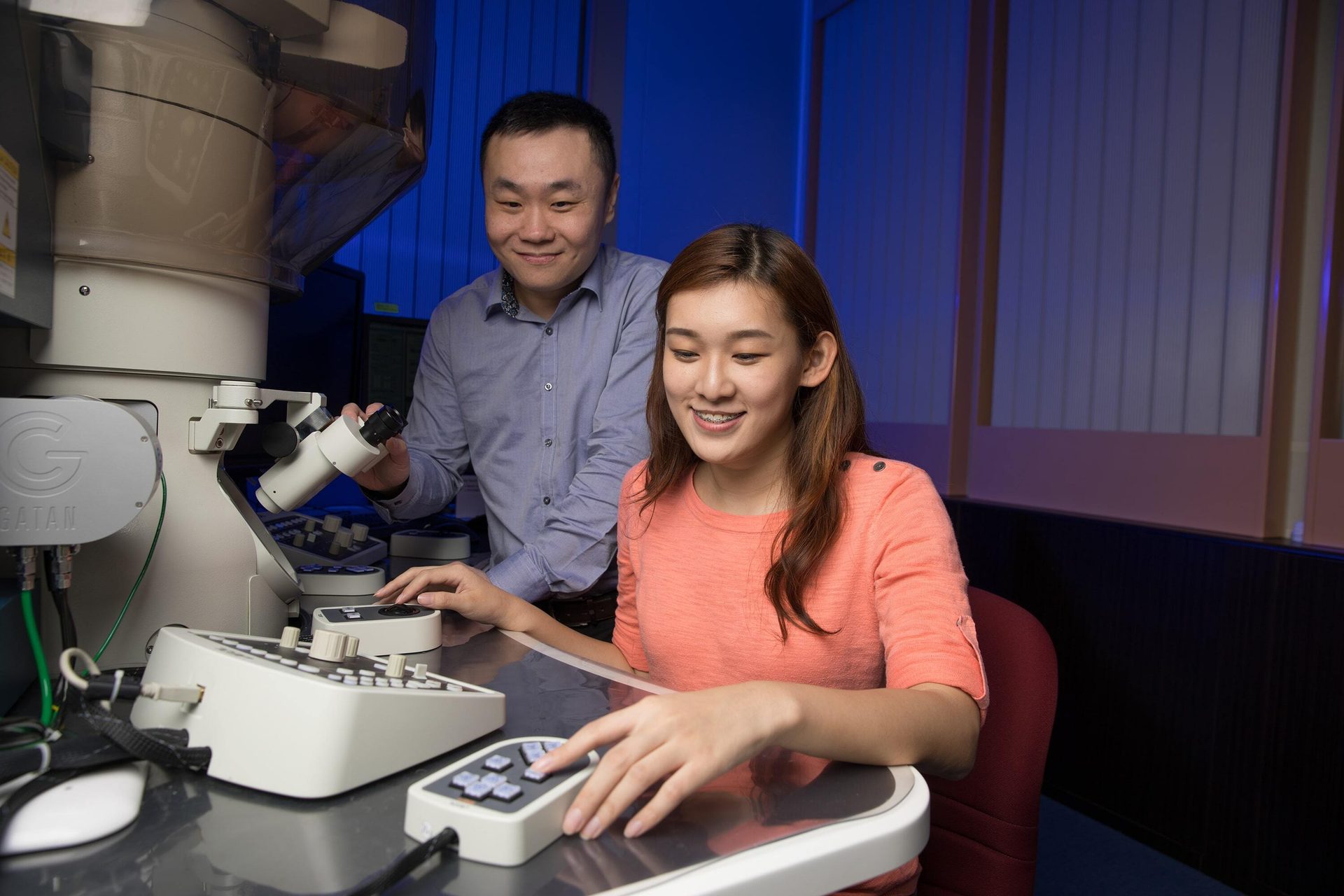
Hands-on research, real impact
“We recognised the need to strengthen students’ fundamental understanding –– not just theoretically, but in terms of hands-on application,” says Dr. He. “We restructured the module to include more focused background lectures and significantly expanded the practical components.”
In 2026, NUS will launch a dedicated MSc in Materials for Energy Innovation and Sustainability, replacing the current specialisation. Dr. He sees this as vital: “Sustainability is one of the most pressing — if not the most urgent — challenges humanity faces today,” he says.
By anchoring the topic within a standalone programme, students can go deeper into materials-centric solutions like hydrogen catalysts, high-performance batteries, photovoltaics, and lightweight transport materials.
New programme, deeper focus
“The Curriculum Committee curated a comprehensive set of courses to help students develop a strong foundation in the energy and sustainability sectors,” explains Dr. Wang. “The curriculum incorporates the latest advancements, including data-driven approaches using artificial intelligence for energy materials development and breakthrough technologies in energy conversion and storage aimed at environmental sustainability.”
This combination responds directly to demand. Surveys of previous cohorts, alongside curriculum analysis, were taken into account. What Dr. Wang and his team found was that topics related to Materials for Energy Innovation and Sustainability consistently attract the most student interest.
New programme, deeper focus
In 2026, NUS will launch a dedicated MSc in Materials for Energy Innovation and Sustainability, replacing the current specialisation. Dr. He sees this as vital: “Sustainability is one of the most pressing — if not the most urgent — challenges humanity faces today,” he says.
By anchoring the topic within a standalone programme, students can go deeper into materials-centric solutions like hydrogen catalysts, high-performance batteries, photovoltaics, and lightweight transport materials.
“The Curriculum Committee curated a comprehensive set of courses to help students develop a strong foundation in the energy and sustainability sectors,” explains Dr. Wang. “The curriculum incorporates the latest advancements, including data-driven approaches using artificial intelligence for energy materials development and breakthrough technologies in energy conversion and storage aimed at environmental sustainability.”
This combination responds directly to demand. Surveys of previous cohorts, alongside curriculum analysis, were taken into account. What Dr. Wang and his team found was that topics related to Materials for Energy Innovation and Sustainability consistently attract the most student interest.
In some courses, MSc students can work in the lab for an entire year — an opportunity many use to build research portfolios for further study. “Many students are excellent and went on to do PhDs in NUS or other institutes,” Dr. He shares.
NUS’s commitment to evolving with both industry input and student feedback is another key pillar of the MSc. A recent revamp of the materials characterisation module, for instance, was directly informed by both groups


Dr. Wang also teaches a module that’s as experiential as it is foundational. Thermodynamics for Sustainability examines energy conversion through the lens of physical principles. It directly links to his lab’s research on electrified chemistry, a “globally unique research platform, established in Singapore.”
For him, bringing real-world context into the classroom is a top priority. “I take great pride in translating insights from my research into the classroom, enabling students to grasp complex physical principles through real-world applications,” he says. And each year, his lab opens its doors to MSc students, offering research projects in large-scale energy storage, recycling of waste battery materials, and on-demand hydrogen production.
Students can also apply knowledge in the Research Centre for Electrochemical Systems and Technologies (CREST), which was established by the Department of Materials Science and Engineering in 2023. Apart from solving urgent environmental and societal problems through translational research, CREST plays a major educational role. It provides MSc students with exposure, while fostering innovation and encouraging entrepreneurship in the field of electrochemical technologies
The department even maintains close ties with leading Agency for Science, Technology and Research (A*STAR) research institutes. “These experts offer cutting-edge research projects to MSc students, providing them with valuable exposure to the frontiers of materials science and engineering,” says Dr. Wang.
Hands-on research, real impact
“We recognised the need to strengthen students’ fundamental understanding –– not just theoretically, but in terms of hands-on application,” says Dr. He. “We restructured the module to include more focused background lectures and significantly expanded the practical components.”
In 2026, NUS will launch a dedicated MSc in Materials for Energy Innovation and Sustainability, replacing the current specialisation. Dr. He sees this as vital: “Sustainability is one of the most pressing — if not the most urgent — challenges humanity faces today,” he says.
By anchoring the topic within a standalone programme, students can go deeper into materials-centric solutions like hydrogen catalysts, high-performance batteries, photovoltaics, and lightweight transport materials.
New programme, deeper focus
This combination responds directly to demand. Surveys of previous cohorts, alongside curriculum analysis, were taken into account. What Dr. Wang and his team found was that topics related to Materials for Energy Innovation and Sustainability consistently attract the most student interest.
“The Curriculum Committee curated a comprehensive set of courses to help students develop a strong foundation in the energy and sustainability sectors,” explains Dr. Wang. “The curriculum incorporates the latest advancements, including data-driven approaches using artificial intelligence for energy materials development and breakthrough technologies in energy conversion and storage aimed at environmental sustainability.”
